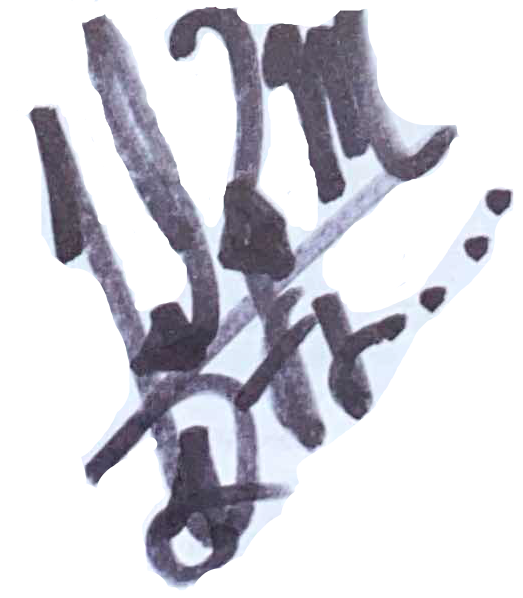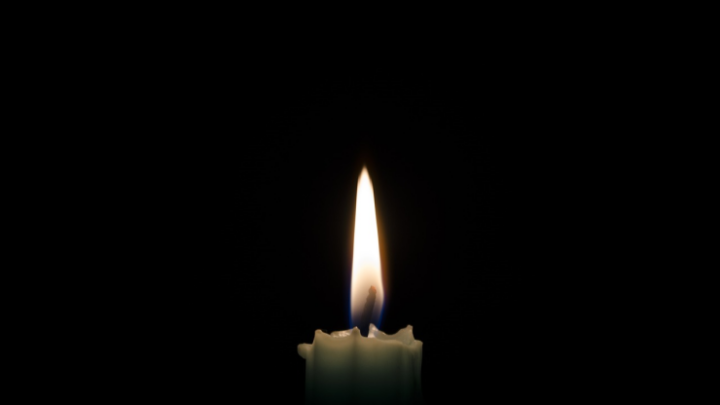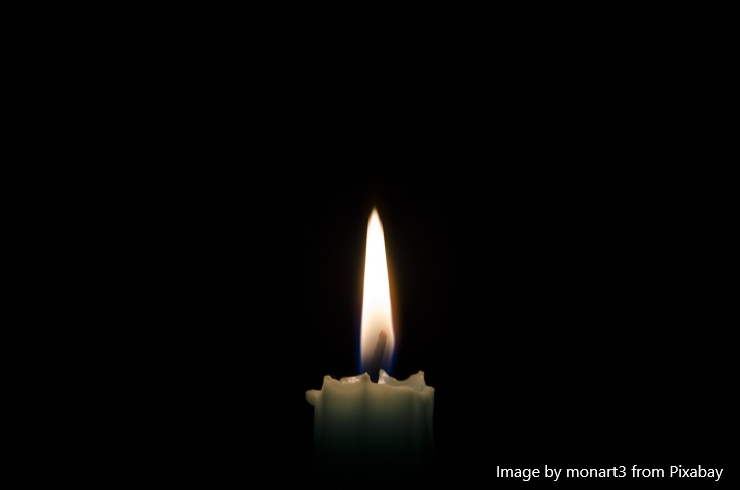I have a friend that identifies herself as a “hope junkie,” and without a doubt she is a hopeful person. The way she confronts difficulties in her own life and ministry is inspiring. She is one of the very few people I secretly follow-on social media because she always has something interesting, funny and inspiring to share. In fact, one of the phrases she often says after sharing something about her life, whether it is good or not so good, is “It’s a good life, and I’m grateful.”
A few years ago, and inspired by her, I decided to start identifying myself as a seeker of places of hope. However, with all that has happened lately in our world in relation to COVID, the political divide, the racial tension, the natural and ecological disasters that keep devastating communities around the globe, the threat of war, and the ongoing violence and oppression that many keep experiencing near and far away from us, I need to confess that it has been hard to keep being a seeker of places of hope.
But what is hope? Walter Brueggemann says, “Hope in gospel faith is not just a vague feeling that things will work out… Rather hope is the conviction, against a great deal of data, that God is tenacious and persistent in over-coming the deathliness of the world. God intends joy and peace.” “God intends joy and peace…” for the hopeful person. In fact, Paul declares: “May the God of hope fill you with all joy and peace in believing, so that you may abound in hope by the power of the Holy Spirit.” (Romans 15:3) Joy and peace are signs of a hopeful person. My friend reflects joy and peace, and that is why she can declare often, “It’s a good life, and I’m grateful.”
In the last few days, I have realized that what takes away joy and peace from my life is focusing on things or situations I cannot change. In addition, not spending quality time in prayer, study, and worship to Jesus is life draining and takes away my inner and external joy and peace. Last Sunday, was a good Sunday and I am grateful. I had the opportunity to preach and to worship in three different services, and God spoke in a special way in each of them. In the first service I was reminded of the power of confession. Confessing our struggles lead to freedom. In the second service I was reminded that God always works in mysterious ways. In the third, service, it was affirmed to me that nurturing our inner and external joy and peace also nurtured our capacity to hope – our capacity to be seekers of places of hope.
What is taking away joy and peace from our lives? What is making us feel hopeless? One of the songs from two of the services I mentioned before is found here. I also offered a blessing that is used in Georgia (the country), which a friend of mine share to me and I adapted:
We wish to have joy, peace, and hope in our world. But, if we are to have joy, peace, and hope in our world, we must have joy, peace, and hope in our communities. And if we are to have joy, peace, and hope in our communities, we must have joy, peace, and hope in our homes. And if we are to have joy, peace, and hope in our homes, we must have joy, peace, and hope in our hearts. May we have joy, peace, and hope in our hearts that we might have joy, peace, and hope in our world! Amen.

If you would like to view past editions of Time with Ismael, follow this link: https://heritagedistrictnc.org/category/from-the-ds/


